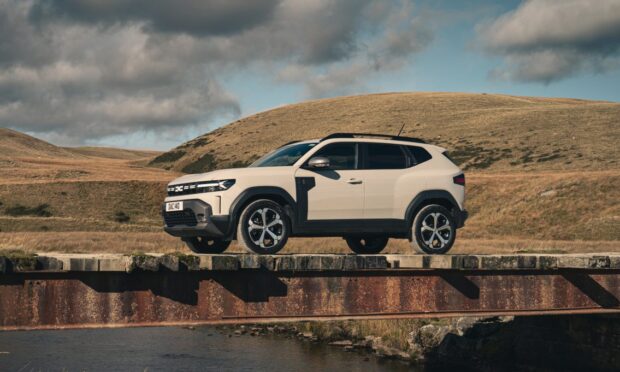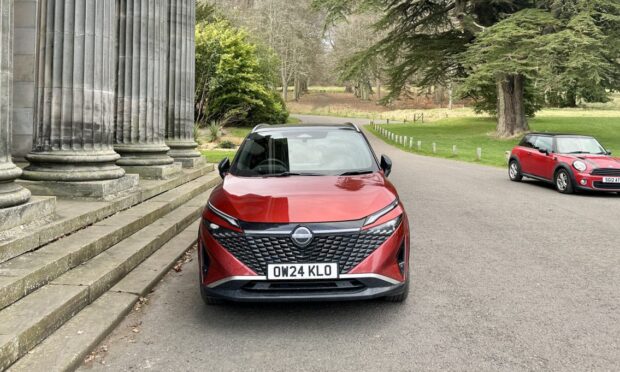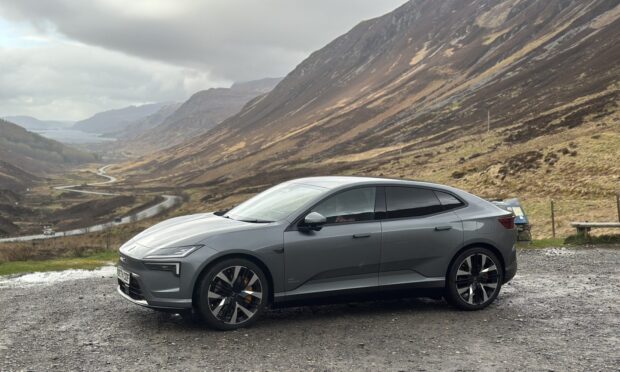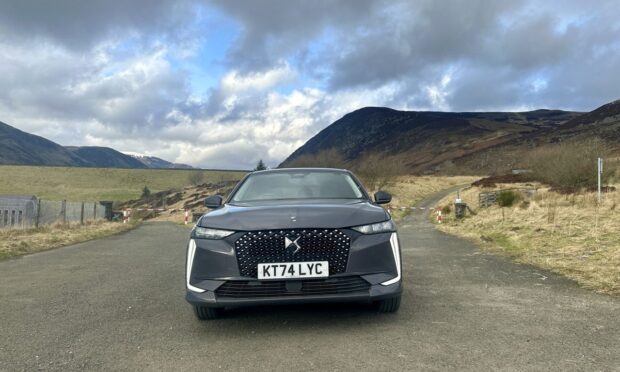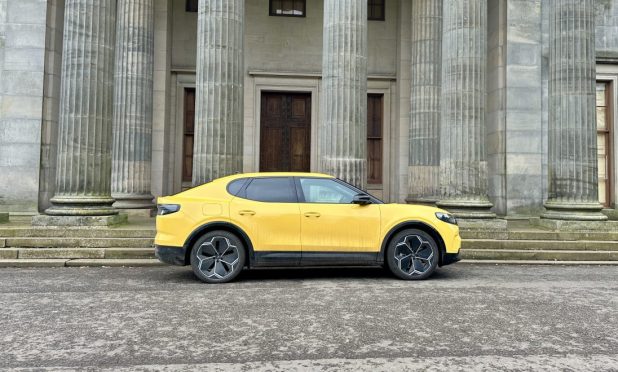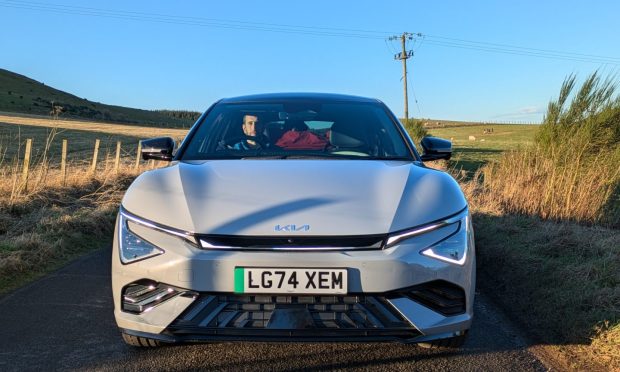UK power demand could see an 18 gigawatt increase by 2050, thanks to electric cars
National Grid expects UK vehicle sales to be 90% electric in 33 years. Electric cars could increase peak UK power demand by 18 gigawatts in just over three decades, according to the National Grid.
In its 2017 Future Energy Scenarios report, it predicted that electric cars will make up 90 per cent of vehicle sales in 2050 – meaning a much larger demand for energy.
It expects the effect of a predicted sharp rise in EV sales will see electricity demand increase by eight gigawatts at peak times by 2030, with that figure eventually rising to 18 gigawatts by 2050. Peak demand for electricity in Britain is currently around 60 gigawatts.
The report also predicts that in a world where cutting greenhouse gases is a priority, driverless car sharing could account for 50 per cent of vehicles on the road.
Although the rapid growth in the numbers of electric vehicles would increase the demand for energy, the National Grid also predicts that advances in technology to reduce charge times and consumption need would mean less of a demand increase compared to what today’s technology would provide.
Marcus Stewart, head of energy insights at National Grid, said: “Electric vehicles are one of many new technologies that are rapidly transforming the energy sector. Technical progress and cost reductions in storage and solar panels have driven major change in a short space of time.
“This new era of network operation is exciting and manageable, but it’s important there is investment in smart technologies and electricity infrastructure, and a co-ordinated approach across the whole electricity system.”
Meanwhile, drivers of the new black cab will save on average £100 per week in fuel costs. London Taxi Company has relaunched itself as London EV Company, and alongside the rebrand presented its final design for its new electric taxi.
Called the TX, its battery electric powertrain is linked to a small petrol generator that allows a range of over 400 miles – including 70 miles with zero emissions. This range could see the TX travel from London to Edinburgh without having to stop for fuel.


